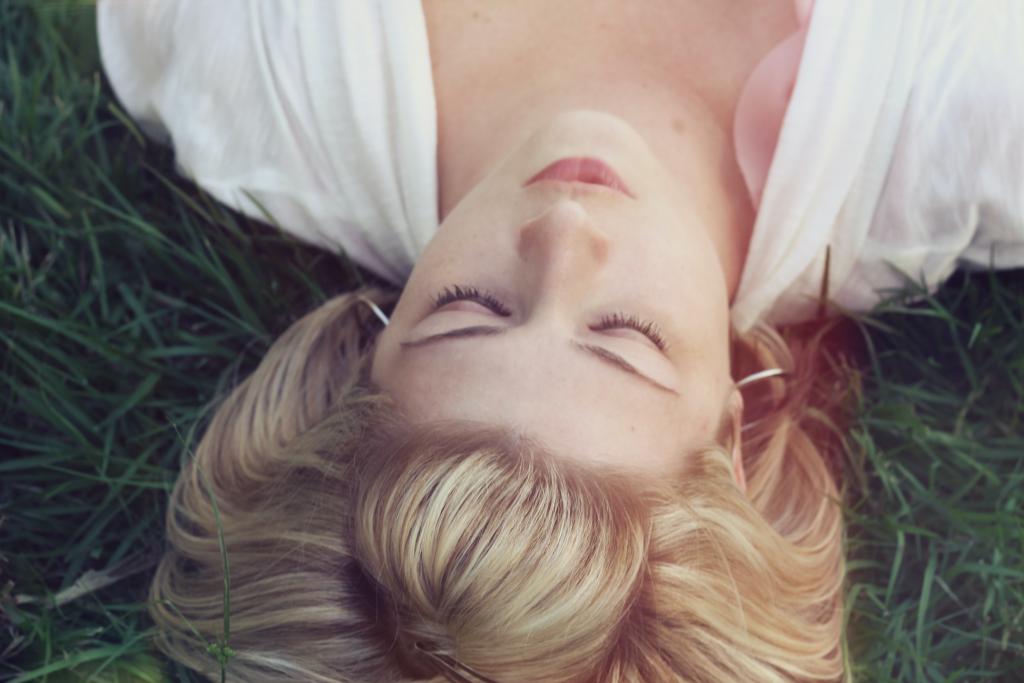
Getting good sleep is essential for anyone, particularly in the mental aspect. In a world where gadgets have become a must for anyone even if they are bound for bed, the light they emit is singled out as one of the reasons how a person could be deprived of the right amount of sleep.
Sleep patterns are disrupted and these factors in heavily on one’s health. It is something that both the young and old are dealing with right now, one that could lead to health issues. This includes dealing with high blood pressure, weakened immune systems and weight gain. It also raises the risk of well-known health disorders such as diabetes, stroke, cardiovascular disease, dementia and cancer.
Studies have shown that indoor artificial light can affect mental health. As far as outdoor artificial lighting, there could be long-term implications. In a study published in the journal , adolescents who lived in areas with high levels of outdoor artificial light at night got less sleep. They more likely developed some kind of mood disorder compared to teens who lived with low levels of outdoor light.
“Although environmental light exposure is only one factor in a more complex network of influences on sleep and behavior, it is likely to be an important target for prevention and interventions in adolescent health,” Kathleen Merikangas, co-author, a senior investigator and chief of the Genetic Epidemiology Research Branch at the National Institute of Mental Health, said.
In teens, the inability to get the right amount of sleep could lead to mental disorders such as bipolar disorder, mood swings, paranoia and anxiety, reported. Sleep hormone melatonin secretion happens in the dark. This slows down or stops when they are exposed to light. With most kids and teens seemingly having a device in tow even when going to bed, they are most likely not getting the right amount of rest. Preteens and teens need more than nine hours of sleep a night.
In another study from the Centers for Disease Control and Prevention (), it was found sleep deprivation could see teens exhibiting different and risky behavior. This includes drinking, texting while driving and not following safety protocols when on the go. Aside from that, these sleep-deprived teens were more likely to deal with obesity, migraines and substance abuse. Some end up exercising less while others end up dealing with depression.
 sleep without anxiety Jacob Townsend from unsplash
sleep without anxiety Jacob Townsend from unsplash
The best parents or anyone can do is to try to limit exposure to gadgets and adopt the right measures to address light pollution. It may not be a big issue some may consider but something that may come back to haunt them in the future.